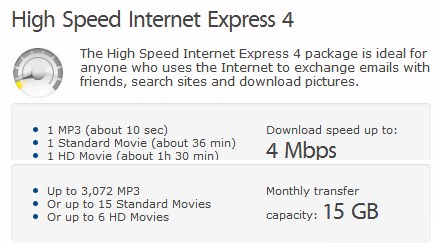Canada, home of the three-year mobile phone contract, “service access fees,” high activation fees, unlock phone fees, $10 for 10MB of data, and $8 extra for “caller-ID” has had one thing going for it that American cell phone companies don’t offer — per-second billing.
Not anymore.
Our regular reader Alex writes to inform us that Fido (owned by Rogers Communications) has joined the parade of Telus’ Koodo and Bell’s Virgin Mobile Canada eliminating the money-saving billing feature for all new activations starting yesterday.
These prepaid customers will now pay by minute when they start new service or change an existing plan.
Mobile Syrup reached out to Rogers and obtained official confirmation and their explanation:
“Fido will adopt the common billing practice in Canada: per-minute billing beginning July 4th. This means that calls are rounded up to the nearest minute. This change will apply to new customers signing up with Fido. All customers who are on current plans with per second billing will retain this feature unless they change their monthly plan. The majority of customers should not notice any impact to their monthly bills. Fido offers several great plans with various call, text and data allowances that are designed to meet any need.”
The billing change further discourages Canadian consumers looking for a better deal in the prepaid market. It is the best alternative available from the handful of national carriers that charge considerably higher prices tied to an extra-long service contract and expensive data pricing.
Alex notes per-second billing was one of the great advantages Telus’ Koodo offered, and other competitors were initially forced to match that innovative pricing.
“Koodo’s new plans are simply the old plans, but with a $5/month increase for two calling features,” Alex notes. “Koodo found another way to gouge their customers: per-minute billing. They also removed 50 minutes from the $30/month (previously $25) plan, which used to have 150 minutes. At a time when Internet is the main demand, while talk and text cost virtually nothing to provide, Koodo is gouging.”
Koodo, Fido, and the other carriers are probably noticing that cell phone customers are talking on their cellular phones less than ever, and per-second billing can save an average of 25% off per-minute billing, especially for short conversations.
Alex has a petition up on Koodo’s website asking them to reconsider, but we’re doubtful they will. Rogers’ is not well-known for responding to customer desires for better, more cost-effective service.


 Subscribe
Subscribe





